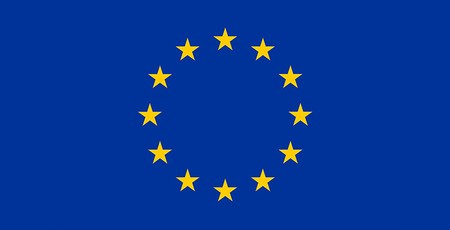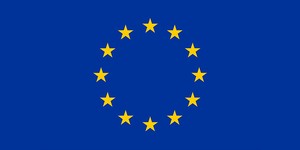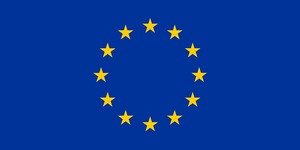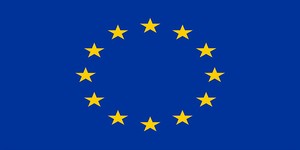EU Copyright Directive passes final vote
March 27, 2019 | 11:34
Companies: #clark-willmott-llp #electronic-frontier-foundation #european-parliament #open-rights-group

The controversial European Union Copyright Directive has been passed with Articles 11 and 13 intact, by a vote of 348 to 274 - but enough Members of European Parliament have announced they voted mistakenly that the result should have been different.
The European Union Copyright Directive sought to overhaul copyright law throughout the EU but met with stiff opposition from technology companies thanks to two key aspects: Article 11, which introduced a so-called 'link tax' controlling what aspects of a site can be quoted and how links in websites can be used; and Article 13, a requirement for any service allowing users to upload content to check said content proactively for copyright infringement - something only achievable through automated content filters, critics of which say simply don't work.
Despite fierce campaigning against both Articles, the verbiage was finalised back in February. Yesterday the European Parliament voted on the finalised Directive - and it passed, 348 to 274.
A bigger issue, though, comes from a sub-vote on whether individual amendments, including the proposal to remove Article 13 from the Directive before it was passed, should be opened up to a vote: According to results shared by MEP Julia Reda on Twitter, this proposal was rejected 317 to 312 - a margin of just five votes. The core of the issue comes from claims, made by MEPs on Twitter, that a confusing switching of voting order meant that they accidentally voted down an amendment they meant to vote for - and in numbers high enough to have passed had the mistake not been made.
Twitter messages from Swedish MEPs have been collected by Boing Boing confirming that their votes were made in error, while the official voting record (PDF warning) has been updated to confirm that 13 MEPs voted mistakenly: 10 who meant to vote for the amendments but accidentally voted against and two who made the opposite mistake, while one somehow meant to abstain but accidentally voted.
Those modifications to the voting record show that the amendments would have been accepted had the votes been made properly but will sadly not affect the actual outcome: While European Parliamentary rules allow for the record to be corrected once a vote has been cast, such corrections are not taken into account for the result of the vote itself.
'This is a very bad day for free expression, for copyright and democracy,' claims Jim Killock, executive director of the Open Rights Group, who has been campaigning against the Directive. 'Millions of people have voiced their opposition and thousands have protested against it. If copyright filters go ahead, large numbers of mistaken takedowns will impact what we do and say online. The EU Parliament has made a serious error of judgement here. We will go on doing everything we can to stop this being the disaster it promises to be.'
Susan Hall, partner and head of technology at law firm Clarke Willmott LLP, agrees: 'Article 13 of the Directive, which states services such as YouTube could be held responsible if their users upload copyright-protected material such as film clips and music, is a huge deal. While organisations the size of YouTube may be able to cope with these requirements, smaller platform providers will be at a loss. Furthermore, the sheer volume of material uploaded daily make the provisions very difficult to apply, even for large organisations. Even though existing "legitimate uses" and exemptions, such as those which allow for parodies, or memes, are intended to apply, it is still going to lead to a lot of filtering being applied in a way that I don’t think is workable and will lead to a "safety first" culture of not allowing uploads on a blanket basis. It is a real danger to owners of any sort of publishing platform and is out of touch with how in practice copyright applies online.'
''We lost on a technicality, and there is no recourse,' explains Boing Boing's Cory Doctorow, who as a member of the Electronic Frontier Foundation has been campaigning against the Directive. 'This is the most significant piece of internet regulation ever undertaken by a democratic government (that is, excluding Russian and Chinese internet regulations). It will do untold damage to the whole internet. And it's because someone pushed the wrong button. It's the Edward Tufte apocalypse. It'd be funny, if it didn't make me want to smash my laptop.'
The European Parliament has not indicated when the new Directive will come into effect.

MSI MPG Velox 100R Chassis Review
October 14 2021 | 15:04








Want to comment? Please log in.